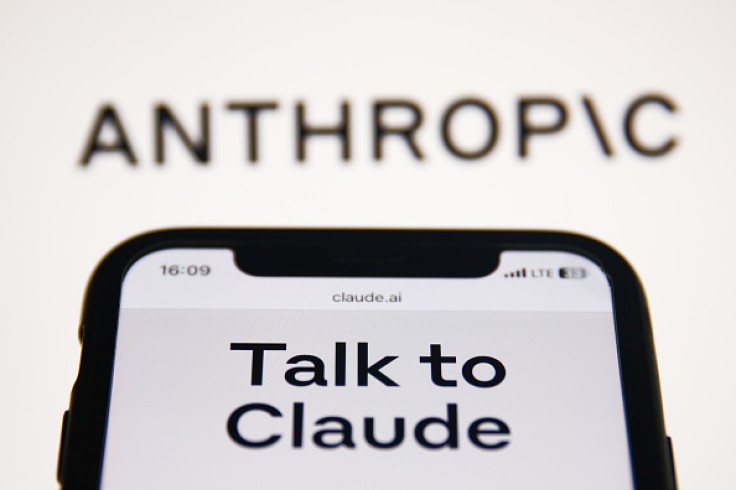While OpenAI is busy putting out fires within the company, its Google-backed competitor Anthropic is thriving in the chatbot market. The AI company rival just announced that its own chatbot Claude is now more capable than before.

Anthropic's Claude 2.1
Anthropic was founded by former OpenAI engineers who wanted to create a better and more trusted AI model. The engineers may have made a pretty good decision as OpenAI is currently struggling to keep things together while Anthropic progresses.
With the company's latest announcement, it was revealed that its chatbot Claude is getting a huge update. Now called Claude 2.1, the chatbot now offers up to 200,000 tokens for Pro tier users, which is significantly higher than the numbers before.
It is twice what Claude was able to handle and is much more than what OpenAI's GPT-4 can offer, with the limit of a 32,000-token ceiling with the most expensive model, as reported by The Verge. The company says that it is equivalent to more than 500 pages of material.
Furthermore, Anthropic boasts of a decrease in hallucination rates of up to twice as much, along with its system prompts, tool use, and Claude's updated pricing. In case you don't know, hallucination rates in AI chatbots refer to the potential of the AI model to stray from the truth.
Claude is proving to be a serious rival with its new beta tool use feature. It means that users can now connect API tools and the chatbot will determine which one is best used for the task at hand. Claude 2.1 is currently powering Anthropic's claude.ai chat experience.
With the API available in their developer console, it has become possible to customize the chatbot to respond the way developers want them to. With this level of customization, the chatbot can be assigned with personalities as well.
Anthropic Has Problems Too
Even as the AI company starts to move up, it has also seen its fair share of legal problems, particularly copyright infringement. The company was accused of unlicensed generation of lyrics from music under Universal Music Group.
The chatbot managed to generate accurate lyrics through a user prompt, which Universal Music Group believes is grounds enough as it scrapes their music without consent. The music company referred to the generated content as "identical or nearly identical copies."
As reported by Ars Technica, the court filing states that Claude was able to generate the lyrics to "I Will Survive" by Gloria Gaynor almost accurately. The music studio added that the copyrighted material is not free simply because it can be found on the internet.
In that aspect, Universal Music Group is correct. The lyrics you usually find online or in streaming services such as lyrics provided by Musixmatch are properly licensed. The music giant expressed that they recognize the promise of AI.
However, they also mentioned that it should be used ethically and responsibly, something which Universal Music insists that Anthripoc violated. When users ask the AI model to generate stories in the style of an artist, it would even generate lyrics of their music.









